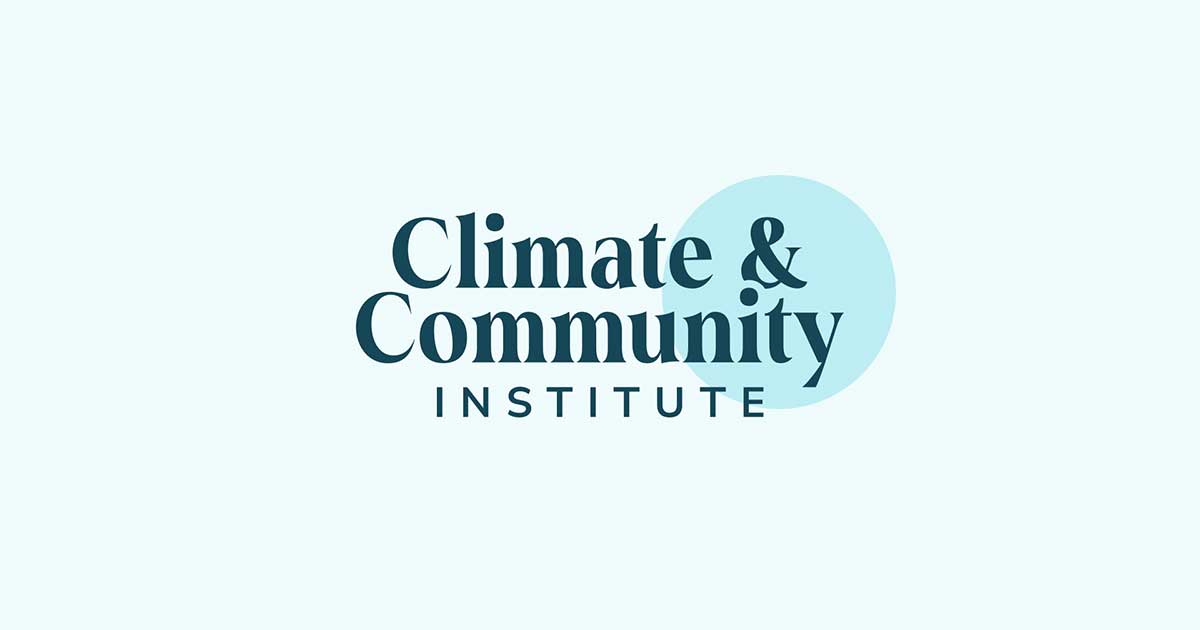Decarbonization Without Displacement
Tenant advocacy in the context of Inflation Reduction Act Implementation
Tenants in the United States are bearing the brunt of the housing and climate crises: egregious rent hikes, deferred maintenance in their units, growing utility debts, and disasters right at their front doors. Yet our climate policies are typically designed to benefit homeowners and property owners. This leaves the 44 million households who rent their homes — disproportionately Black and Brown families on the frontlines of the climate crisis — with little support.
The federal Inflation Reduction Act (IRA) of 2022 set the stage for billions of dollars to flow toward electrifying and decarbonizing homes. This includes up to $9 billion for rebates for home energy efficiency and clean energy improvements, as well as new grant and tax credit programs that localities and nonprofits can use to address climate resilience in frontline communities.
However, the IRA falls woefully short of the deep and significant investments in permanently affordable rental housing and tenant protections we need. IRA funding pales in comparison to the scale of the need for green investments to make rental housing habitable and resilient. Tenant advocates are also understandably worried that landlords will not use IRA funds to improve housing conditions for renters, and that even if they do, these investments will ultimately be used as an excuse to hike rents, flip properties, and displace tenants.
The IRA will bring unprecedented funding opportunities to communities and capture the focus of state and local officials over the next few years, so it is important to ensure that the implementation process bolsters — rather than harms — tenants’ stability. The next phase of local and state IRA implementation could bring improvements that benefit renters — or could make it even harder for funds to flow equitably. With that in mind, organizers and advocates can leverage this window of opportunity to:
- Advance state-level rebate programs that prioritize and protect renters;
- Win conditions on funding to ensure renters are not displaced;
- Ensure that local or county governments leverage grant opportunities that prioritize healthy housing upgrades;
- Hold landlords accountable to using funds to improve tenants’ building conditions; and
- Advance new bold visions for tenants rights and environmental justice, such as universal rent stabilization and green social housing.
Digging into the IRA home decarbonization programs also demonstrates the need for a broader tenant rights agenda in the face of increasing climate threats and the exploitative outcomes of the for-profit housing market. The significant shortcomings of the IRA to meaningfully push housing justice forward also underscores the importance of supporting local organizing for tenant power and justice.
This report examines the current state of IRA funding for rental housing, the challenges it poses, and ideas for how to improve IRA implementation to benefit tenants.

